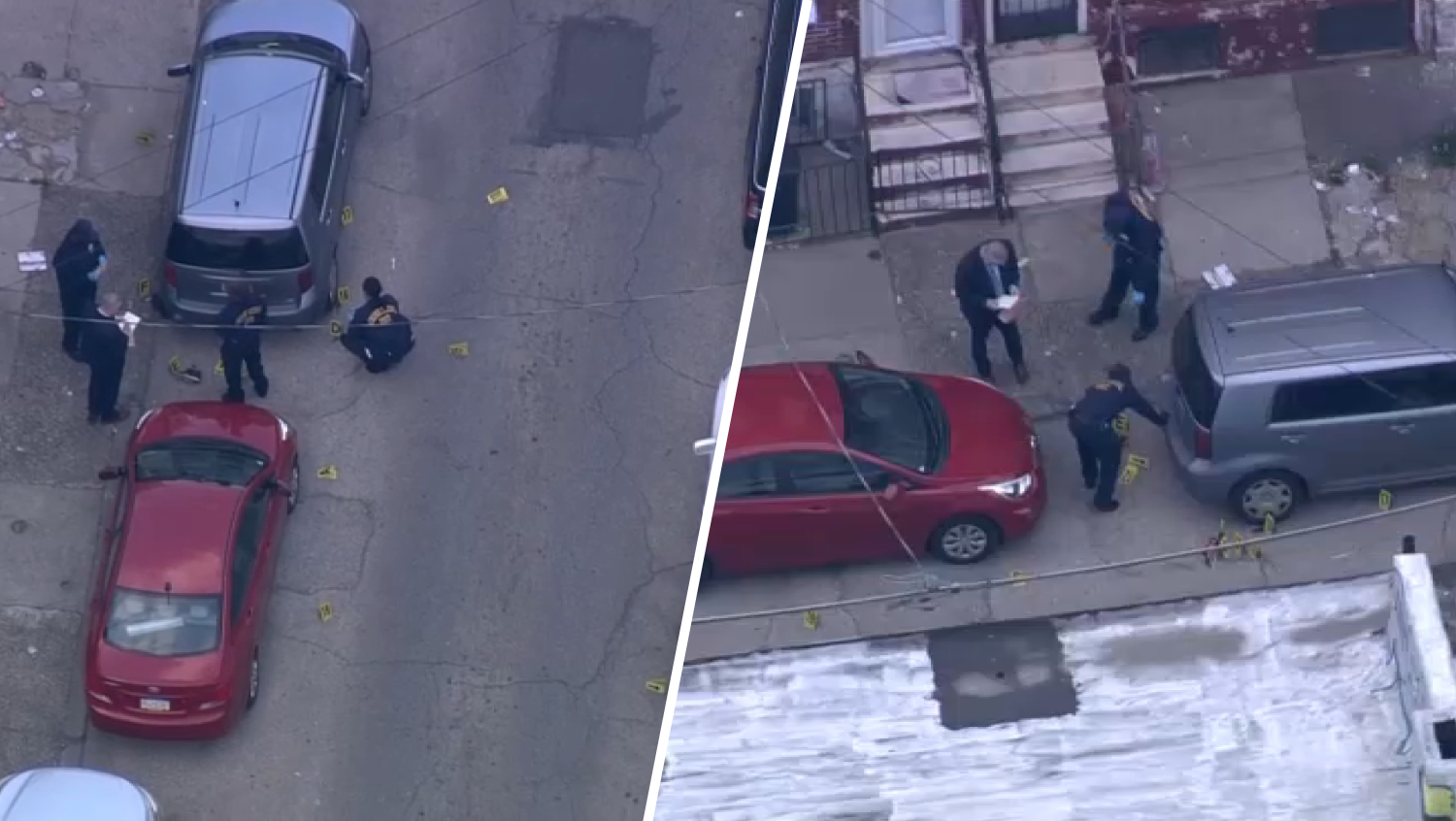The University of Pennsylvania's School of Veterinary Medicine is taking some heat from an animal advocacy group that says the school's use of animals for biomedical research is not up to par.
Michael Budkie, the executive director of Stop Animal Exploitation Now (S.A.E.N), says recent U.S. Department of Agriculture (USDA) inspection reports of UPenn's research facilities revealed several violations of the Animal Welfare Act (AWA), some of which led to the death of some animals.
In the most recent inspection report from May of this year, a USDA inspector found two non-compliances. The report cites the University for having a hole in its facility's wall and for failing to properly administer anesthesia to a piglet during a procedure. The latter resulted in the death of the animal.
“When we see instances—if we see that there are very significant violations like this, we follow up on them because we believe they should be penalized,” Budkie said.
According to the USDA's Animal and Plant Health Inspection Service data, the University has consistently used pigs, pigets, dogs, and puppies for research procedures more than any other animal. In 2012, the school used 2,994 pigs and nearly 1,000 dogs for research purposes.
The Animal Welfare Act is a federal law that sets minimum standards of care and treatment for animals in public exhibition. Budkie says this is not the first time the school has been found in violation of the Act.
According to USDA inspection reports, since 2010, UPenn's Veterinary School has had a total of 12 non-compliances.
Local
Breaking news and the stories that matter to your neighborhood.
In 2011, the school was cited for six non-compliances and four of those were repeat offenses in the areas of cleaning, sanitization, housekeeping, pest control, watering and general facilities management. One of the non-compliances cited that year, a failure to provide appropriate enclosures for cats and dogs, resulted in the death of a puppy.
USDA spokesman Tanya Espinosa says the school was issued an official warning in June.
“Last month they received a letter of warning and we will continue to monitor the facility going forward,” Espinosa said.
Budkie says that’s not enough. He’s requesting that the USDA launch an investigation and that they levy a hefty fine against the school for its non-compliances.
“We believe that when you see an instance like this where clearly there’s unqualified personnel, animals are dying as a result of it, and other animals are clearly suffering as a result of what happened, that the university should be significantly penalized. That’s why we’ve contacted the USDA and asked them to issue the largest possible fine, $10,000 per violation," he said.
According to Espinosa, there is no set number of non-compliances that would warrant an investigation and fines are levied on a case-by-case basis. In this instance, Espinosa says neither is being pursued at this time.
“It’s not an investigation yet. This is a step, however, to let them know that we’re keeping an eye on them," she said.
In response to S.A.E.N.’s request to the USDA, UPenn released the following statement:
“The University is committed to maintaining the highest standard of humane care for animals used in biomedical research, which is aimed at finding treatments and cures for some of the most vexing diseases of our time, in both humans and animals. The University is continually working to improve its programs for animal care and welfare– the USDA inspections and reports are part of the regular process and we look to them for guidance"
Penn also noted that part of S.A.E.N.’s mission is to end use of all animals for biomedical research.
Budkie said S.A.E.N. will continue to pursue stricter scrutiny of UPenn’s facilities.
“The reality is they issued an official warning the last time and clearly it hasn't stopped them from continuing to do the same thing. This is a situation where the USDA should have instituted the procedures necessary to levy a fine against this facility. I find it very disturbing that USDA is doing nothing more than issuing another official warning against this laboratory, because as I said before, obviously that wasn't enough to make a difference."



